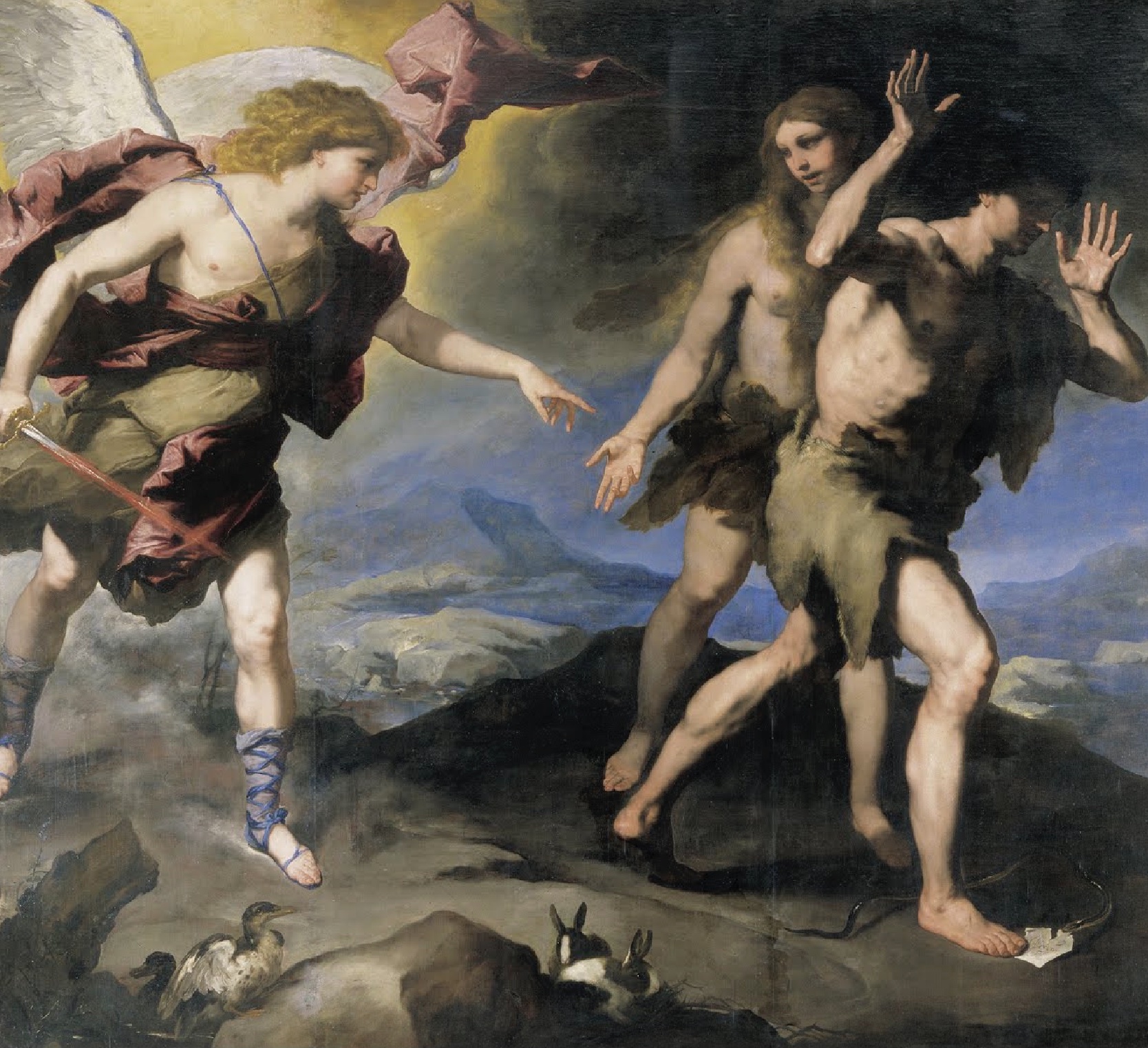
Eve and Adam’s relationship status is complicated
We previously focused on Angels, now I’ll be talking about Eve and Adam.The human actors of the Poem. Our Mother and Father.
How do you make an analysis of Eve and Adam?
Believe me when I tell you that for academics, writers and readers in general, there is no consensus. Nobody can really agree what’s the deal with Eve and Adam.
Yes, I’m calling them Eve and Adam. Deal with it.
There are just so many lenses by which you can analyze Eve and Adam; you can do a feminist or a masculinist reading of the text to try and find out what John Milton was trying to tell us.
You can focus in the power dynamics at play, you can focus on the angelical temptations Eve and Adam both face, you can even choose to analyze just one line of the poem instead of the whole poem and you would still come out with something worth your while.
Eve and Adam are just complicated. And not in the fun way our (modern) characters tend to be in novels, movies and tv shows.
I hear you asking, “How hard can it be? They’re just two persons.”
Well, they are THE two persons.
Eve and Adam are not just the parents of humankind but they also represent humanity. I mean they represent humanity in a VERY traditional and heterosexual way; without its diversity and complexities. Also, Eve and Adam represent a very patriarchal view of humanity.
How to begin analyzing Eve and Adam
It is CRITICAL that you know that with Paradise Lost, John Milton was trying to explain the ways of God to Man. Which seeks to answer, why the world is the way it is; why the universe is an Anthropic universe. And to do that, Milton writes an epic poem that tells the origin of everything!
A basic characteristic of a traditional epic poem is that it tells the story of the foundation of a country or nation, like Homer and Virgil’s epics. And Milton the mad-man just went ahead and told the story of the beginning of EVERYTHING.
But, Paradise Lost is also:
“a sustained attempt to represent in poetry gender roles, relations and hierarchy”
Shannon Miller, 152
What? I hear you asking. Basically, by telling the story of the beginning of the universe then you are telling the story of OUR world and how that world works and why.
Why do we have a king? Why do we have to get married? Are we truly equal? Is man the superior creation? Is woman a secondary creation or the “latest” and a more refined version of man?
Are Eve and Adam truly equal and fit companions?
Big questions for big brains.
Before you start yelling and telling that Milton was a big misogynist; I know, I mean it was pretty much the norm back then. And I’m not excusing him, but I mean he was a white man in England, of course he felt himself superior to everybody else!
But that’s not what we are trying to discuss here. We are here to talk about Paradise Lost and how this EPIC poem presents gender roles in Eve and Adam’s story, and, to what extent it still informs them to this day.
So, let’s start with Paradise Lost and Gender and Eve and Adam.
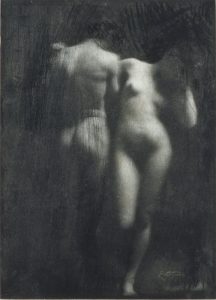
The poem tells the story of the creation of Eve and Adam, but it doesn’t tell it in a chronological order. Instead, Milton takes a different approach.
First, in book 4, we meet Eve and Adam through the eyes of Satan when he sneaks into Paradise. Our first impressions as readers are through the eyes of a fallen angel, so we are already being manipulated by what someone else is seeing.
Secondly, in book 4, Eve tells the story of her creation and through her point of view, she uses memories to tell Adam what she felt and what it was like to be created.
Thirdly, in book 8! Adam finally tells us the story of his creation which includes Eve’s story as well but with some BIG discrepancies between both tales.
In essence, we are going backwards in time; first we meet the couple (Eve and Adam), then Eve tells us her story and finally Adam tells his.
But, by the time Adam retells his origins, we are in book 8 of 12! So, now you understand when critics and academics and readers in general are confused and don’t really know who the main character is.
Much less tell who the superior creation is. And it only gets more complicated the more you read. Welcome to English literature, once you read Paradise Lost there is no going back.
So you can’t even start from the beginning! (-internal screeching-)
Understanding Gender as a cultural category in Paradise Lost
As Milton presents the consequences of the Fall, we learn how GENDER “is constructed as a cultural category.”

The poem is constantly raising more and more questions instead of answering them. I mean, Adam is the first man, but that doesn’t mean he is the best “man.” Eve was made after Adam but that doesn’t mean that she is secondary to him (Miller, 152).
The divergent stories of creation and the way Milton tells the story in a NON-chronological order, shows how Milton was:
“actively participating in a seventeenth century cultural debate about the status of women that it continues to resonate even today”
Shannon Miller, 152
Paradise Lost is Fan fiction. It rewrites the story of the book of Genesis, which establishes that gender roles are a direct result of the Fall (after Eve and Adam eat from the fruit of the forbidden tree).
It states something along the lines of “husbands shall rule over their wives while they work the land” and “women will suffer pain in childbirth” I don’t know, I’m not sure.
I don’t have a bible just lying around.
Anyway, this account of Genesis was the basis for seventeenth-century political theory,
“organizing both the domestic and the public spheres… The patriarchalist political thought grounded its claims about kingship on the biblical authority granted to husbands over wives”
Shannon Miller, 152
Basically, everybody used the bible to justify their misogyny and their absolute rule, what a surprise!
BUT, and this is a big but, the bible also provides the grounds to challenge the gender hierarchy! Haha I bet you didn’t see that one coming.
Scholars who get paid more than me:
“have shown that the opening books of Genesis are a fusion of TWO distinct accounts: Genesis 1, the priestly (P) account and Genesis 2, the Yahwist (J) account”
Shannon Miller, 152
Keep in mind the word “potential,” it will come back to bite us later.
Historical context of Paradise Lost!
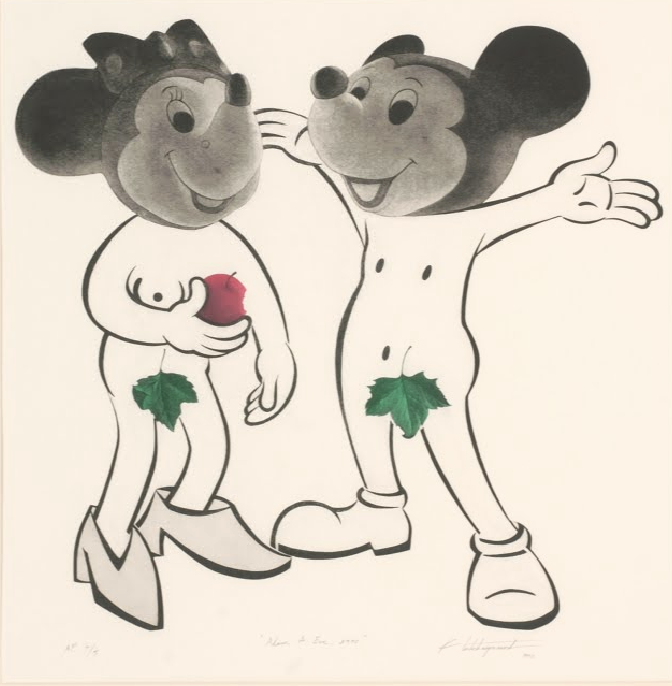
In Genesis 2, Eve is “created second and made from Adam himself.” And you can be sure that Milton knew about the contradictions between both Genesis accounts.
Some say he knew the bible by heart, but well those are rumours and we can never be sure because you know… he’s dead.
Nyquist argues that because Milton was aware of these contradictions he purposefully wrote Paradise Lost the way he did, in order to allow for a more nuanced discussion of gender roles than what the conventional understanding allowed.
You know, the whole “husbands shall rule over their wives while they work the land!” (Miller, 153).
I wasn’t there but the “literary and cultural texts of the early and middle seventeenth century suggest that traditional gender roles were under significant pressure.”
In other words, Women’s role was being challenged in practice and in theory. Powerful wives were involved in the English civil war, there were women prophets and even female petitioners outright challenging Parliamentary decisions.
The “chaste, silent and obedient” cultural expectation of women role was being defied.
Of course, there were antifeminist attacks, religious sermons and (I kid you not) domestic manuals.
And all of these events and books were all happening at the same time. It was a time of “reenergized antifeminist tradition” which is why many women like Rachel Speght and Esther Sowernam used the portrait of Eve in Genesis to elevate her and all women.
Pointing out the divergence between the P and J texts (Genesis 1 and Genesis 2) (Miller, 153).
Genesis 1 or account (p) is “egalitarian” while Genesis 2 or account (j) establishes Adam’s hierarchy over Eve.
The diamond allegory between Eve and Adam
So knowing how Milton writes Paradise Lost and how the Books are structured, it makes you wonder; Is Milton going for a middle point here, or is he trying to consolidate one account as superior to the other one?
Because if Adam is really more important than Eve, then why are we shown Eve’s creation first? Is Eve a refined version of man, perfected like a diamond?
I mean, yes there was a debate surrounding gender roles and the status of women but that doesn’t imply that Milton wrote a feminist text, much less a defence of women through Eve and Adam’s relationship.
In Book 2, the first woman we see is Sin (Satan’s daughter) and she is described as a serpent; a common antifeminist motif and this creates a context for viewing women (Miller, 153).
So don’t be fooled into thinking that Paradise Lost is a feminist revisioning of the bible, on the contrary.
Paradise Lost, among other things is “responding to the cultural dynamics of Milton’s time.” Lets jump into Book 4’s description of Adam and Eve, which lets not forget, is through Satan’s point of view.
Two of far nobler shape erect and tall, Godlike erect, with native honor clad In naked majesty seemed lords of all, And worthy seemed, for in their looks divine The image of their glorious Maker shone, Truth, wisdom, sanctitude severe and pure, Severe but in true filial freedom placed: Whence true authority in men, though both Not equal, as their sex not equal seemed: For contemplation he and valor formed, For softness she and sweet attractive grace, He for God only, she for God in him… (4.288-99)
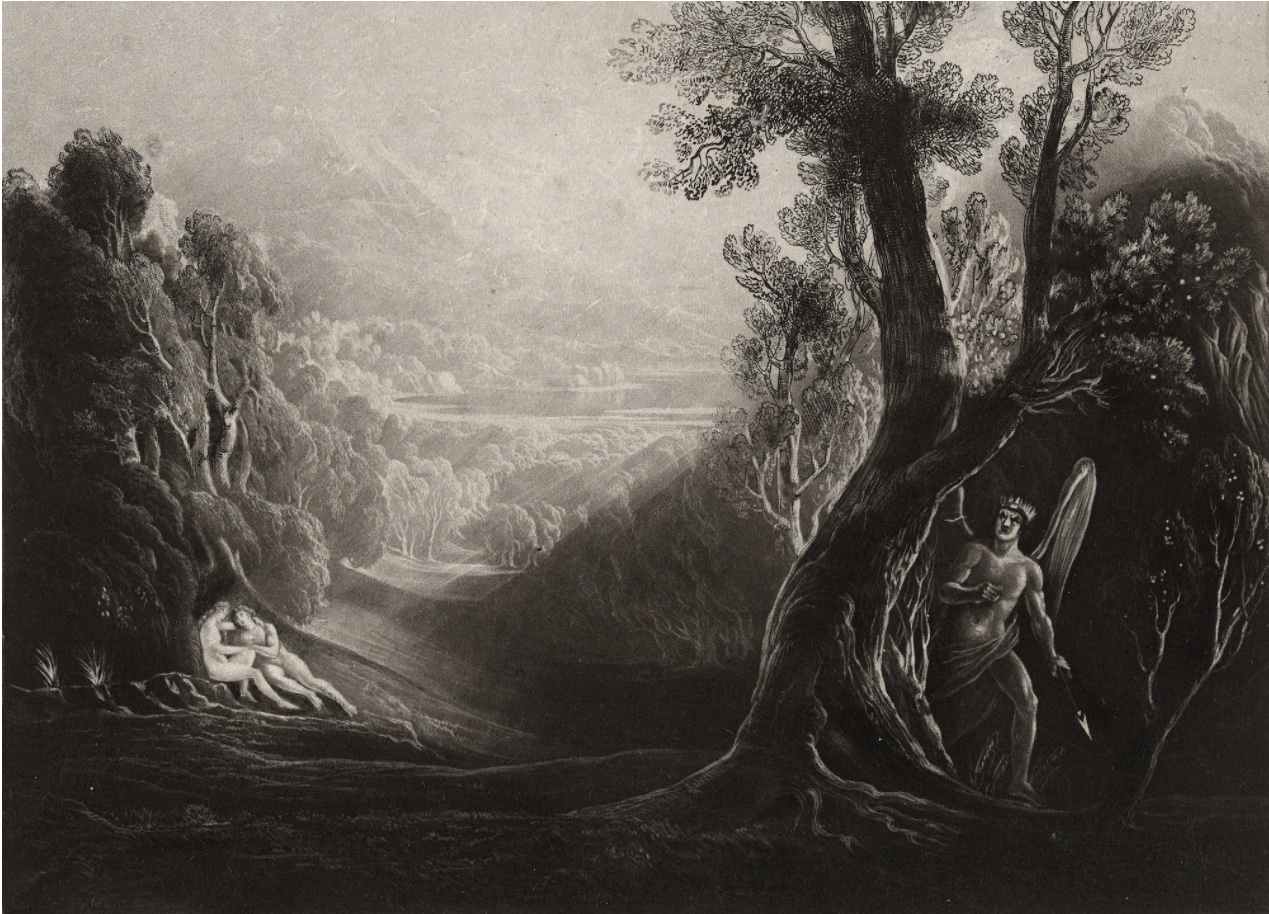
So that’s a heavy passage, but I’m not going to unpack it now, that’s up to you. It’s your essay after all. I already have my bachelor’s degree (weird flex there but ok). I’m only here to guide you.
The passage begins with the word “two” presenting them as equals or, so they “seemed” to Satan.
They are both the “lords of all” and they both have “naked majesty” and at first glance you might be tempted to think that they are truly equal because this sounds a lot like the Genesis 1 (account P) in which both humans are created equally.
But, later Milton reasserts that “true authority” resides in men. And I mean he could have said that “true authority resides in” them or humans or some other gender neutral pronoun or synonym. But no, Milton uses the word “men.”
And that is where gender marks a difference.
The words “not equal” is repeated twice! And the contrast and differences between Adam and Eve are only amplified with every line.
Each new line establishes the gendered hierarchy and it all culminates with “he for God, she for God in him.” And with this line Milton removes Eve twice from divinity while Adam is only removed once from God.
In other words, Adam is closer to God than Eve is. But remember, this is Satan’s point of view!
After these, another 12 lines describe the bodies of Eve and Adam. Then, finally Adam speaks and he invokes a Genesis-1-like account of their creation while Eve narrates her creation, her status and the nature of their relationship to Adam.
All of this using language that is consistent with Genesis 2. Eve uses a language that reasserts the gendered hierarchy.
The reconciliation of both Genesis accounts is repeated and then challenged, again and again.
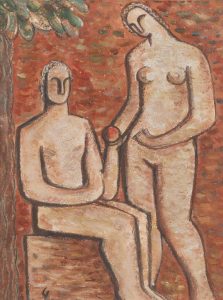
Eve sees herself as inferior when she ventriloquizes aspects of the Genesis 2 account with things like “O thou fro whom and from whom I was formed flesh of thy flesh/ and without whom am to no end, my guide/and head” (4.440-43), meanwhile, Adam sees Eve as his partner but if he sees her as an equal I am not sure.
He also doesn’t challenge Eve’s point of view of her being subordinate to him but he never really establishes his priority (at least until book 10). Adam is always calling her his “Sole partner” (Miller, 153).
So are Eve and Adam equal or not?
The fact that Eve is saying what she says, is for Christina Froula:
“a demonstration that she has learned to speak the patriarchalist message of hierarchy, one that disputes the dominion that Adam and Eve were BOTH given”
Christina Froula, (Miller 153)
“Over all other creatures that possess/Earth, air, and sea”
Paradise Lost, 4.430-32
As Eve supports the traditional reading of Genesis 2’s account of gender distinction, this validates the post-fall authority granted to Adam.
And this goes on throughout the entire poem.
Eve is constantly being presented as a secondary creation and at the same time she is presented as an equal partner for Adam.
Eve and Adam are equal but Adam is a little more equal than Eve. Confused?
A conflicting portrait of gender
Since Eve is “extracted” from Adam this creates a hierarchy and equality at the same time.
Her creation somehow demand that there be an order or structure, there can’t just be two of the same, one must rule or protect the other from themselves.
But,
“Milton’s ordering of the two accounts is also significant”
Shannon Miller, 156
By putting Eve’s story first the “poem reverses the more hierarchical creation order” and introduces a subversive possibility that Eve is Heaven’s best and latest gift; by putting Adam as a secondary creation, at least in a narrative sense.
All of this is amplified by Adam describing Eve as “One intended first.”
Of course this doesn’t mean that Paradise Lost has a hidden feminist message or that it is inverting the gender hierarchy, in fact the poem:
“will increasingly assert that Eve must acknowledge Adam as her head” (8.570)
Shannon Miller, 156
You can see glimpses of a feminist inversion of the gendered hierarchy but you also see a reaffirmation of that hierarchy of differences.
All of this culminates in Raphael’s and the Son’s admonition to Adam.
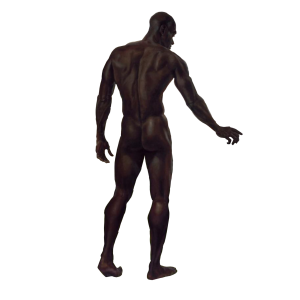
“Was she thy God, that her thou didst obey before his voice, or was she made thy guide superior, or but equal, that to her thou didst resign thy manhood, and the place wherin God set thee above her made of thee, and for thee” (10.145-50).
The key threat to the gendered hierarchy is Adam’s willingness to imagine an inversion of said gendered hierarchy.
Perhaps in a way, Adam sees Eve potential of being superior than him?
I mean Eve’s curiosity makes her more equal to him, even superior, if only for a brief moment in time; after she eats the fruit.
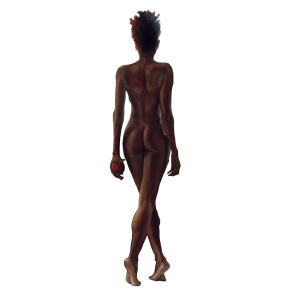
“For inferior who is free?”
Eve, Paradise Lost, 9.823-25
Eve is told by everyone that she is equal to Adam but she is also inferior to him. Maybe
Eve wants the dominion granted to both of them that was taken from her.
Perhaps she’s trying to reclaim her equality.
Perhaps not.
There’s also the possibility that Eve was framed.
Do you remember the world “potential” that I asked you to keep in mind? Well, it is here to bite the apple.
When Eve disobeys God she contemplates on what the word “equal” means. She later “appeals to Adam to taste the fruit through the language of equality.” She begs him to follow her and he for fear of losing her, does (Miller, 160).
And it is in this moment that all of the possibilities and potential for equality are evaporated!
You see, before the Fall, Eve and Adam challenge the gendered authority (and not only the characters but the structure of the poem as well!) but, the traditional gendered hierarchy is reaffirmed by God himself after the Fall.
And after his punishment Adam attacks Eve (-GASP-), creating and reciting the cultural stereotypes against and about women.
He finally repeats God’s words and reasserts the gendered roles he and Eve (and the text) had challenged!
Adam finally knows his place because he no longer questions the gendered hierarchy.
In the end he understands the ways of God. Milton explains the ways of God to Man.
Afterwards, Eve accepts the blame and finally “falls humble” and submits to the ways of God or in other words, to the gendered hierarchy.
“Eve accedes to the cultural dictum that is “Unseemly to bear rule” as a woman.”
Because for a brief moment in time, she was superior to Adam and she view herself as Adam saw her the whole time;
“complete and absolute and As one intended first.”
Shannon Miller, 160
Paradise Lost presents an Eve who can act in defiance of God’s plan but who in the end, some argue, was framed.
Maybe, I don’t know. And now I want to ask you; What do you think? Leave a comment below or find me on Instagram.
How does an audience of the Twenty-First century react to a poem that for all intents and purposes solidifies a gendered hierarchy?
How do we react to a poem that presents subversive views on gender even if it is only for a brief moment?
But that is up to you and I wish that you make the best choice.
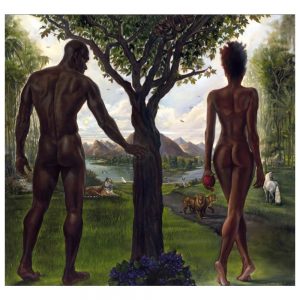
If you want to use this article as a secondary source, cite it as an “Article in a Magazine.” Follow this template.
Last Name, First Name. “Article Title.” Title of Newspaper or Magazine, Date, <page range>.
Include the URL and the date you consulted it, just in case. Or use this guide.
SOURCES:
Miller, Shannon. “Gender.” The Cambridge companion to Paradise Lost, edited
by Louis Schwartz, Cambridge University Press, 2014, pp. 152-163.
Nyquist, Mary. “The genesis of gendered subjectivity in the divorce tracts and in Paradise Lost.” Re-Membering Milton: Essays on the Texts and Traditions, edited by Mary Nyquist and Margaret W. Ferguson, Methuen, 1987.
“Paradise Lost” by John Milton.


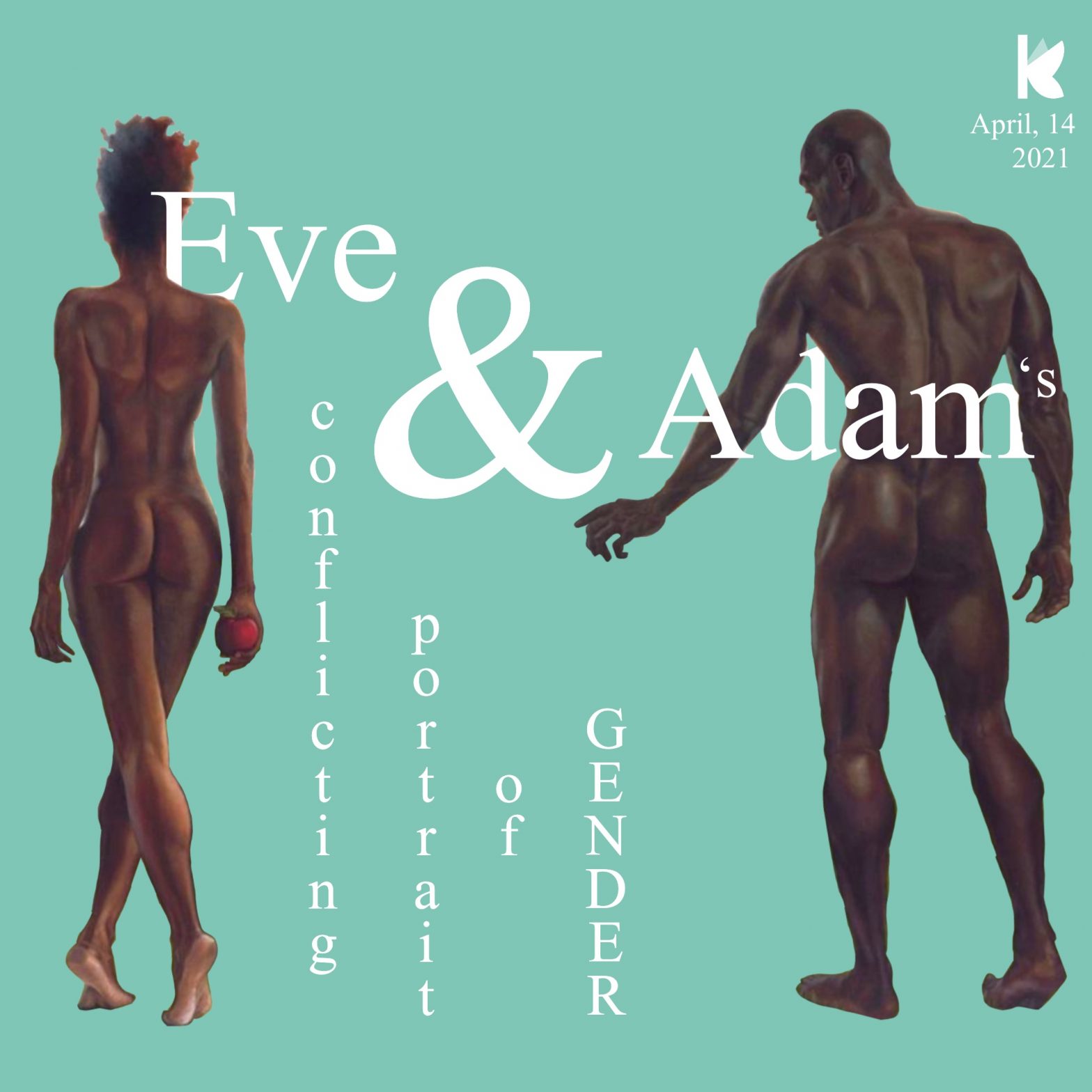
Leave a Reply
You must be logged in to post a comment.